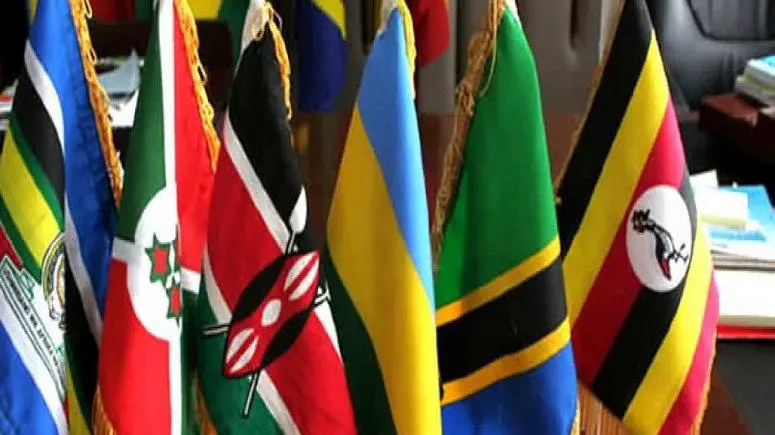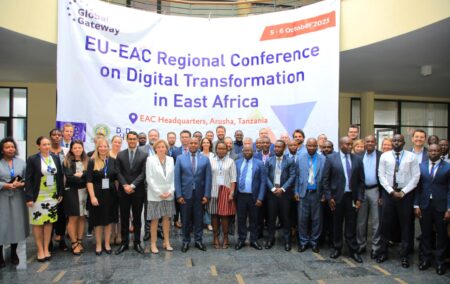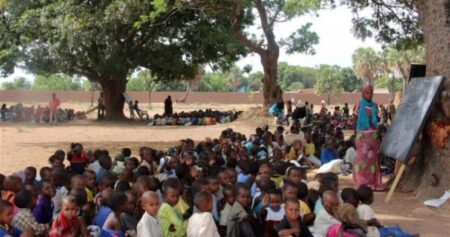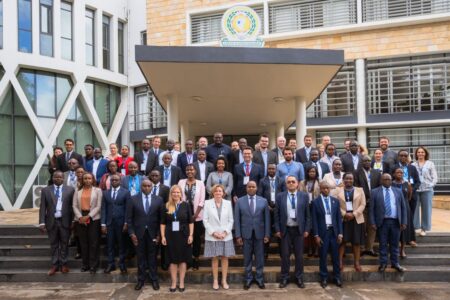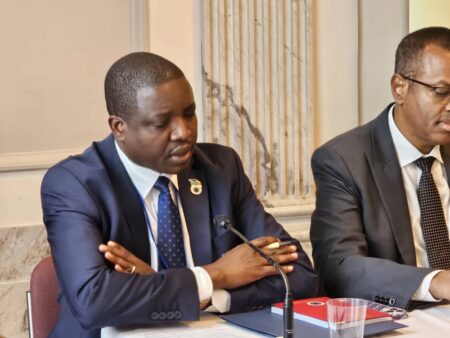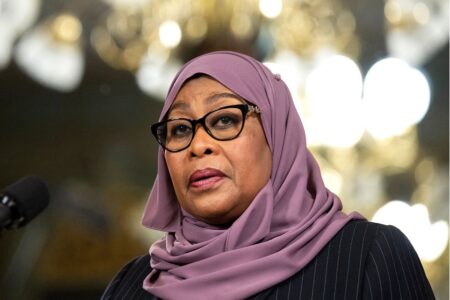Business people in the East African Community are now set to benefit through prompt resolution and intervention of issues disrupting trade, following the launch of the EAC-EABC Technical Working group (TWG).
Based in Arusha Tanzania, the Technical Working Group launched by the East African Community (EAC) and East African Business Council (EABC) – the umbrella body bringing together private sector associations in East Africa- is tasked with receiving and synthesizing issues received from the private sector at various levels and advise on appropriate solutions.
A statement by the EAC-EABC has revealed that the team will be chaired by EAC Director General for Customs and Trade, Kenneth Bagamuhunda and co-chaired by EABC CEO John Bosco Kalisa. It will also entail members from the national apex private sector associations in the EAC region.
The team will be responsible for following up on challenges disrupting intra-EAC trade raised by businesses and support their resolution by working with the relevant institutions and stakeholders.
Speaking during the launch ceremony, EABC CEO Kalisa urged the TWG to offer solutions on issues that impede cross-border business especially the Non-Tariff Barriers disrupting intra-EAC trade.
“We will work tirelessly in identifying issues hindering the free movement of goods in the region and scout for sustainable solutions in resolving them,” he said.
On his part, EAC Secretary-General, Dr. Peter Mathuki, directed the TWG to be result-oriented by unlocking barriers to trade so that businesses feel the tangible benefits of the EAC integration.
He noted that the private sector is at the heart of integration and urged the TWG to reposition the bloc to fully take advantage of the African Continental Free Trade Area (AfCFTA) and solutions on EAC economic recovery to drive growth in and post-pandemic era.
“The TWG should come up with a harmonized framework for a collective response by Partner States to COVID-19 in the region. A collective response in the region will guarantee economic recovery in a post-COVID era,” said Dr Mathuki.
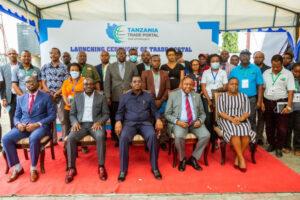
Waturi Matu, TMEA Senior Private Sector Advisor to the EAC, emphasized the need for the private sector to prioritize advocacy issues by articulating to policymakers their impact on business operations and effects on trade and investment volumes, values.
Rachel Muthoga, EU Senior Public-Private Dialogue consultant, stated that the formation has is a new dawn as the East African private sector has moved from adhoc to formal engagement with the EAC secretariat and implored the TWC to have clear results.
EABC Board Director, Mary Ngechu, appreciated and commended the EAC Secretary-General and EABC CEO for signing the Terms of Reference of the EABC-EAC Technical Working Group, terming this as a testimony of EAC’s commitment to deepening collaboration with the private sector.
In his remarks, East African Legislative Assembly (EALA) Speaker Martin Ngoga said the private sector was taking its rightful place in regional integration through the signing of the TWG.
“EALA’s mandate is to provide the legal framework to actualize the aspirations of the people of East Africa. The Assembly pledges to fully support and participate in this initiative,” Ngoga said.
The Technical Working Group’s role also includes preparing a joint work plan on Private Sector development and follow up implementation.
It will also entail generating content for the SG Roundtable and CEO roundtable.
Additionally, TWG will be charged with supervising and reporting on EAC regional projects related to Private Sector support and to mobilize resources for activities of the TWG including on issues relating to Gender and Climate Change among others.





